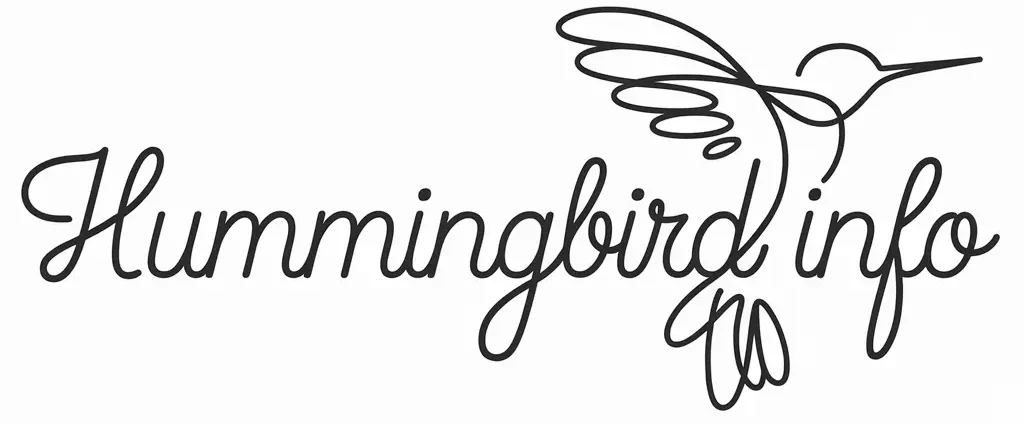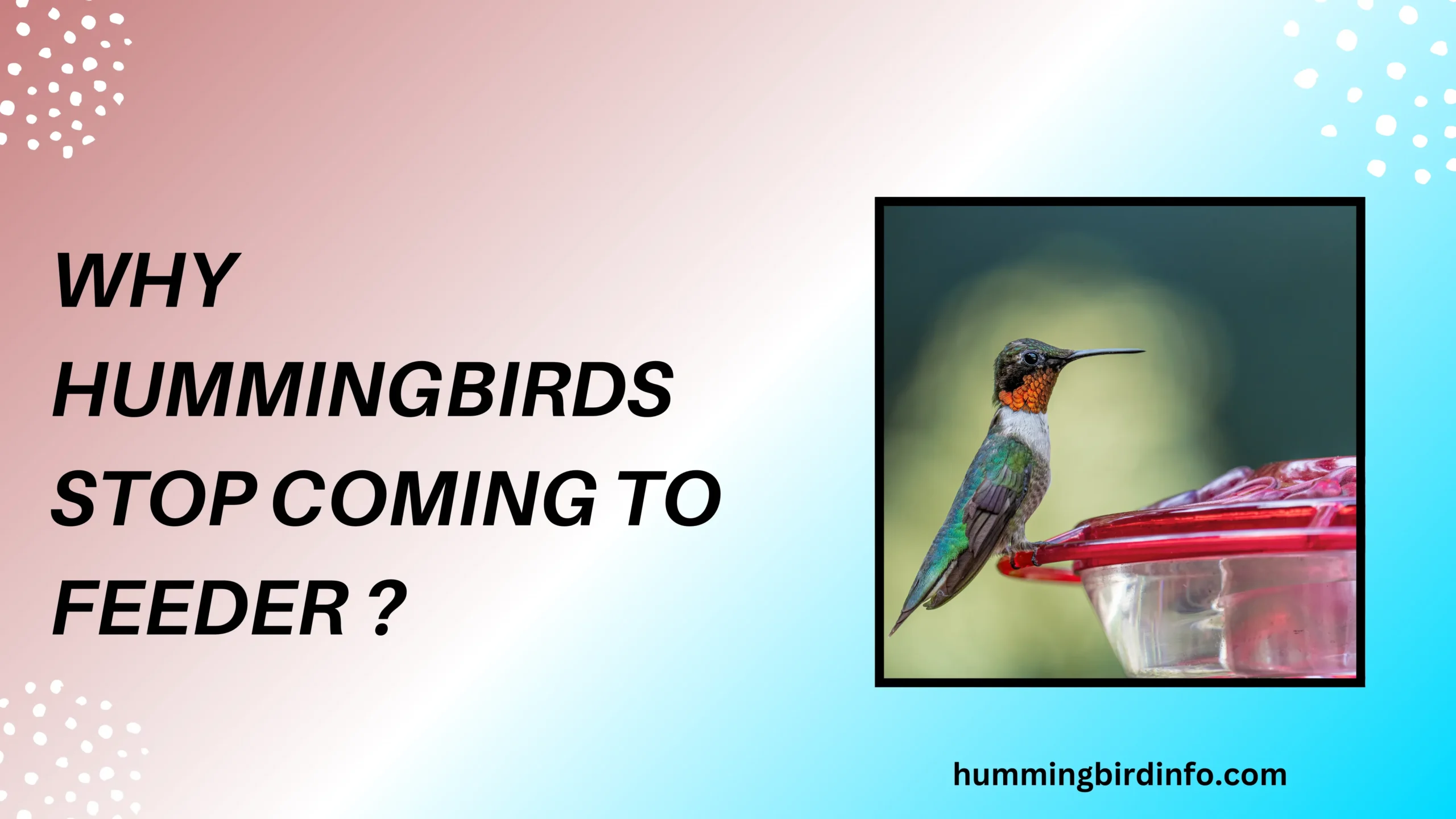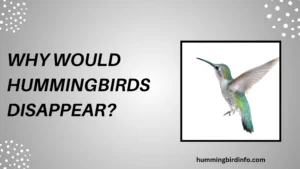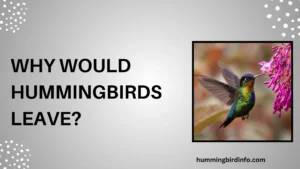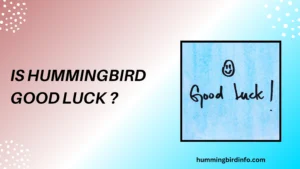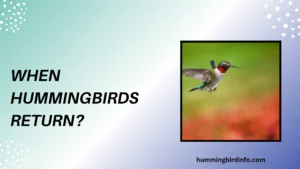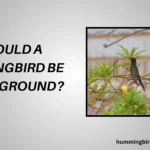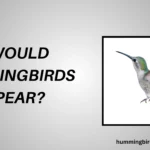The once lively hummingbird feeder now hangs eerily still, its usual tiny visitors nowhere to be seen. This sudden silence can be both puzzling and disappointing for anyone who has spent time watching these vibrant creatures dart around their garden.
If you’ve ever wondered, “Why have my hummingbirds stopped coming?”, you’re not alone—this is a common question among hummingbird enthusiasts everywhere.
Understanding why hummingbirds disappear from feeders is not just about feeding habits—it’s about connecting with the rhythms of nature and the survival strategies of these remarkable birds.
Their absence can tell us important stories about seasonal changes, environmental shifts, and even the health of local ecosystems. This knowledge empowers feeder keepers to adapt and maintain conditions that encourage these fascinating visitors to return.
In this article, we will explore the many reasons behind this sudden disappearance—from seasonal migration and natural food availability to feeder maintenance, threats from predators, and changes in local populations.
By unraveling these mysteries, you’ll gain insight into hummingbird behavior and discover practical tips to bring the buzzing back to your backyard.
Contents
- 0.1 1. The Call of the South: Seasonal Migration
- 0.2 2. Nature’s Bounty: Abundance of Natural Food Sources
- 0.3 3. The Unseen Threat: Predators and Disturbances
- 0.4 4. The Importance of Maintenance: Dirty or Empty Feeders
- 0.5 5. Changes in the Local Hummingbird Population
- 1 Conclusion
- 2 FAQs
- 3 Why did my hummingbirds suddenly stop coming to my feeder?
- 4 How often should I clean my hummingbird feeder?
- 5 Can hummingbirds get sick from dirty feeders?
- 6 Do hummingbirds only drink nectar?
- 7 Will hummingbirds return if I keep my feeder out year-round?
- 8 Can predators really keep hummingbirds away from feeders?
1. The Call of the South: Seasonal Migration
The primary reason hummingbirds stop visiting feeders is their instinctive fall migration to warmer climates. Many North American species, such as the Ruby-throated Hummingbird, begin this journey in late summer or early fall.
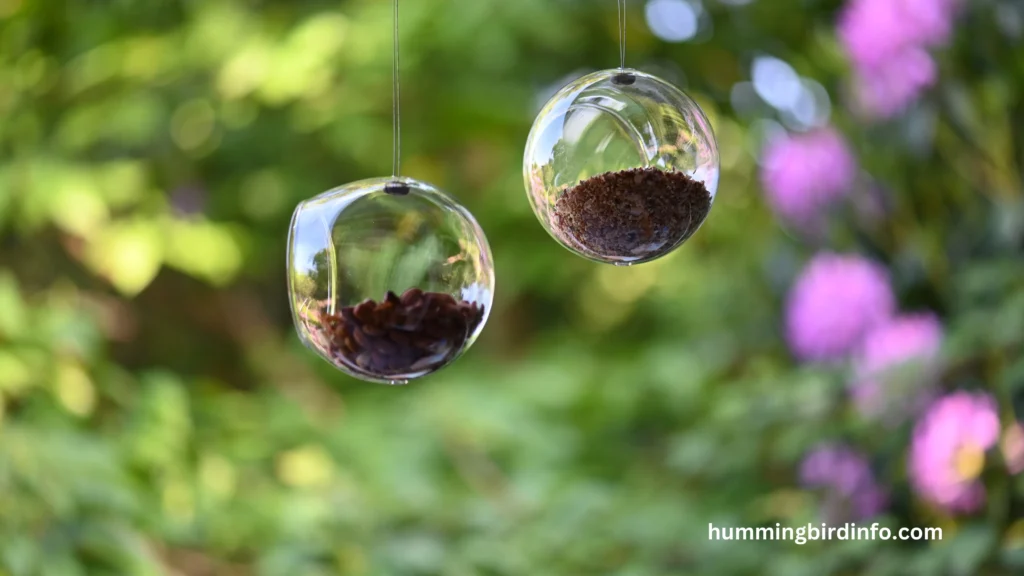
This natural migration is triggered by shorter daylight hours and cooler temperatures, not by the presence or absence of feeders.
Before leaving, hummingbirds often feast heavily on feeders to build energy reserves needed for their long flights across vast distances. Therefore, a sudden drop in visits often signals that their migration has begun.
Timing varies by species, with some, like the Rufous Hummingbird, migrating earlier and following blooming flowers along their route.
Migration is a survival strategy, and while feeders help them fuel up, the decision to leave is rooted in deeply programmed biological rhythms, ensuring they arrive safely at their wintering grounds.
2. Nature’s Bounty: Abundance of Natural Food Sources
When wildflowers bloom abundantly in late spring through summer, hummingbirds may naturally rely less on feeders. The nectar from native flowers provides fresh and diverse nutrition, while the surrounding habitat offers insects and spiders — crucial sources of protein for hummingbirds.
In a thriving natural environment, hummingbirds often establish territories around rich flower patches, which can be energetically more rewarding than a feeder that may be inconsistently filled.
If your garden blooms with their favorite plants, they might simply be spending more time elsewhere.
Changes in the local ecosystem, such as the timing and abundance of flowers, directly influence feeder visitation. A plentiful natural food supply means hummingbirds have many options, and feeders may temporarily become less appealing.
3. The Unseen Threat: Predators and Disturbances
Hummingbirds are small and vulnerable, making them highly alert to potential predators near feeders. The presence of cats, hawks, snakes, or even predatory insects like praying mantises can scare hummingbirds away, as they instinctively avoid danger zones.
In addition, human disturbances such as loud noises, frequent activity near feeders, or curious pets can create stressful conditions. Hummingbirds seek calm, safe environments to feed and will abandon feeders if they feel threatened or uneasy.
Continuous exposure to these threats often forces hummingbirds to relocate their feeding grounds, sometimes permanently if the perceived risk remains high.
4. The Importance of Maintenance: Dirty or Empty Feeders
Feeders require regular care. Nectar that is old, fermented, or moldy becomes harmful and can cause illness or death in hummingbirds, teaching them to avoid such feeders. Similarly, an empty feeder quickly loses its appeal if birds learn they cannot depend on it for food.
Insects like ants, bees, and wasps can take over feeders, blocking access or disturbing feeding hummingbirds. Managing these pests without harmful chemicals is essential to keep feeders welcoming. Additionally, improper cleaning, including residues of harsh soaps, can deter hummingbirds due to unpleasant tastes or odors.
Finally, some feeders are poorly designed, either hard to clean or difficult for hummingbirds to access. Choosing and maintaining a user-friendly feeder enhances their willingness to return regularly.
5. Changes in the Local Hummingbird Population
Local hummingbird numbers naturally fluctuate due to factors like breeding success, mortality, and habitat quality. Sometimes, individual birds move on to areas with better food or breeding opportunities, resulting in fewer visits to your feeder.
The arrival of new species or the departure of familiar ones can alter feeding patterns. Some species prefer different feeder types or are less tolerant of competition, impacting your feeder’s popularity.
On a broader scale, habitat loss in breeding or wintering areas can reduce overall population sizes, meaning fewer birds may be present to visit feeders in your area.
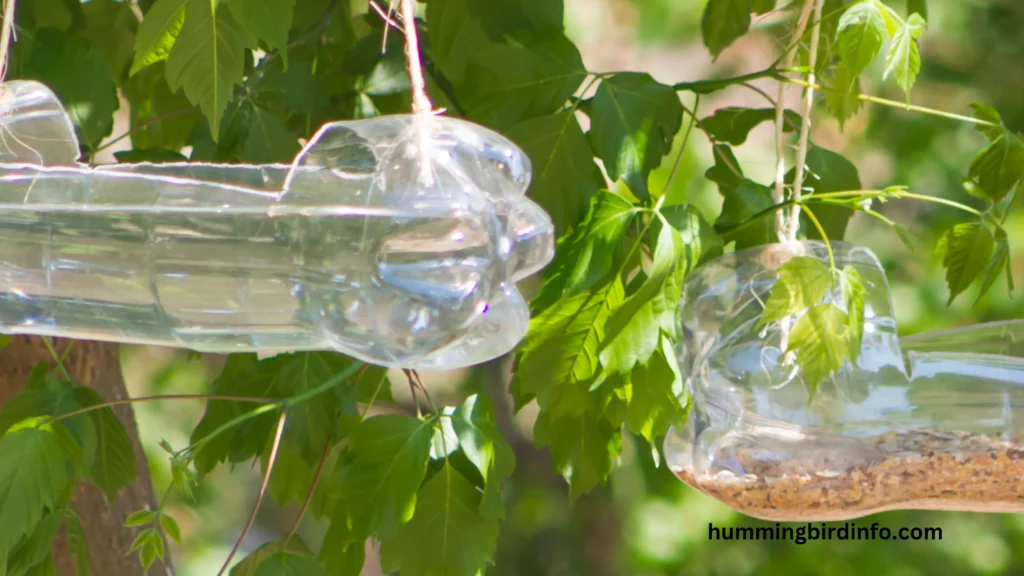
Conclusion
The silence at your hummingbird feeder can feel like a mystery, but it often reflects natural rhythms and environmental changes. Seasonal migration remains the most common reason hummingbirds vanish, closely followed by the availability of natural food, the presence of predators, and feeder conditions.
Understanding these factors helps you become a better steward of your garden’s winged visitors. By maintaining clean, well-stocked feeders and creating a safe, welcoming environment, you can encourage hummingbirds to return, year after year.
Remember, hummingbird visits follow a cyclical pattern shaped by nature’s timing. Patience and observation will reward you with the return of these brilliant creatures, filling your garden once again with their swift, shimmering flight.
FAQs
Why did my hummingbirds suddenly stop coming to my feeder?
Most often, hummingbirds leave because of seasonal migration, declining food sources, predator presence, or problems with the feeder like spoiled nectar.
How often should I clean my hummingbird feeder?
Clean feeders every 3-5 days in warm weather to prevent mold and bacteria buildup that can harm hummingbirds.
Can hummingbirds get sick from dirty feeders?
Yes, fermented or moldy nectar can cause illness or death, so maintaining clean feeders is crucial.
Do hummingbirds only drink nectar?
No, hummingbirds also eat small insects and spiders to get essential proteins.
Will hummingbirds return if I keep my feeder out year-round?
If you live in a migration route or warmer area, consistent feeders help attract hummingbirds, but their presence still depends on natural cycles.
Can predators really keep hummingbirds away from feeders?
Yes, predators like cats, hawks, and praying mantises can scare hummingbirds off if they feel unsafe.
